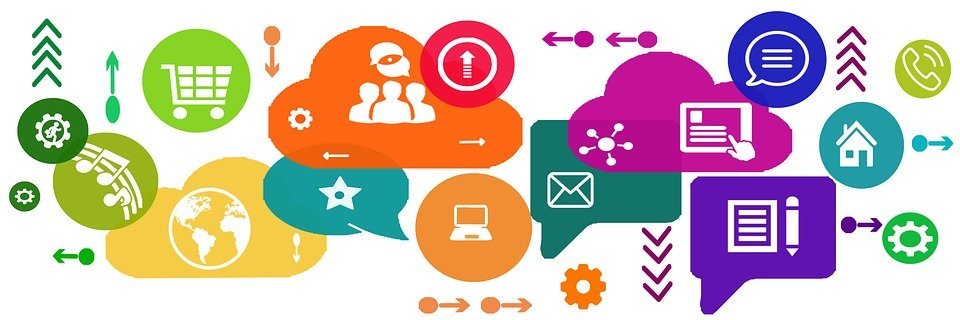Blockchain technology is revolutionizing the way we think about transactions and data management. Originally developed as the underlying technology for Bitcoin, blockchain has since found applications across various industries and is being hailed as the next big thing in tech.
But what exactly is blockchain, and how can it be harnessed to unlock its full potential? In this beginner’s guide, we will explore the basics of blockchain and its potential uses.
At its core, blockchain is a decentralized and transparent ledger that records transactions across a network of computers. Each transaction is recorded in a “block,” which is then linked to the previous block, forming a chain. This chain of blocks creates an immutable record of transactions, making it highly secure and tamper-proof.
One of the key features of blockchain is its decentralized nature. Unlike traditional centralized systems where a single entity controls the data, blockchain operates on a peer-to-peer network where each participant has a copy of the ledger. This makes it almost impossible for any single entity to manipulate the data, ensuring transparency and trust among participants.
So how can blockchain be harnessed in real-world applications? One of the most well-known uses of blockchain is in cryptocurrencies like Bitcoin. Blockchain technology ensures the security and integrity of Bitcoin transactions, making it a safe and efficient way to transfer money without the need for intermediaries.
But blockchain goes beyond just cryptocurrencies. It can be used in various industries such as supply chain management, healthcare, and finance. For example, blockchain can be used to track the journey of products from the manufacturer to the consumer, ensuring transparency and authenticity throughout the supply chain. In healthcare, blockchain can securely store and share patient records, making it easier for healthcare providers to access and update information.
In finance, blockchain can revolutionize transactions by eliminating the need for intermediaries like banks. Smart contracts, which are self-executing contracts with the terms of the agreement directly written into code, can automate and streamline transactions, reducing costs and increasing efficiency.
As blockchain technology continues to evolve, its potential applications are limitless. From streamlining transactions to improving data security, blockchain has the power to transform industries and drive innovation. By understanding the basics of blockchain and exploring its potential uses, you can unlock the power of this revolutionary technology and stay ahead in the digital age.









